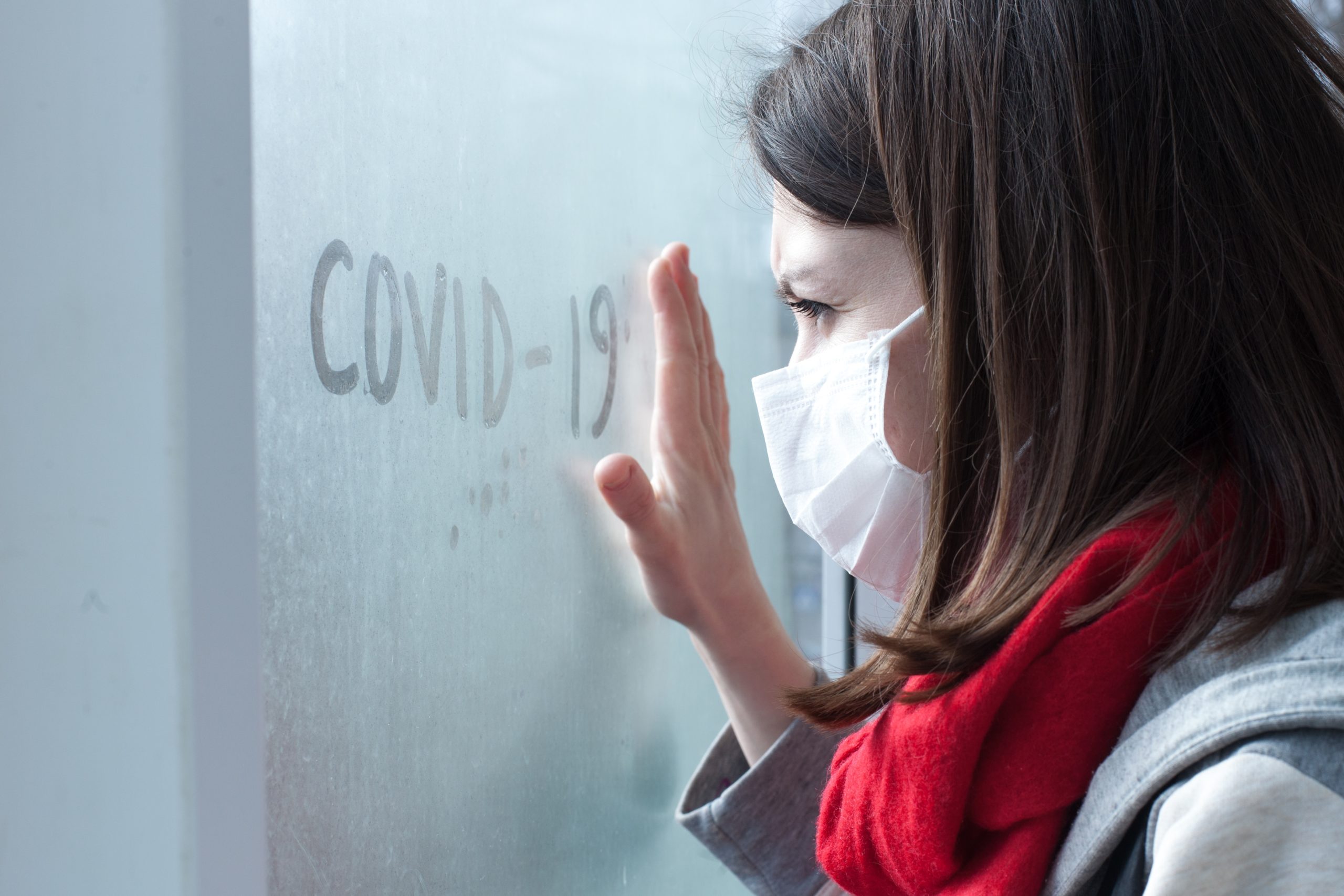Researchers of a study following 62,354 patients who contracted COVID-19 and recovered found that 1 in 5 of those individuals was diagnosed with a mental illness within 90 days of their recovery period.
The Lancet Psychiatry Journal published the findings on Monday, showing between January 20 and August 1, 20 percent of patients were diagnosed with a psychiatric disorder, dementia, anxiety, or insomnia 2 weeks to three months after testing positive for the virus, PEOPLE reports.
“Survivors of COVID-19 appear to be at increased risk of psychiatric sequelae, and a psychiatric diagnosis might be an independent risk factor for COVID-19,” reads part of the study’s conclusion. “Although preliminary, our findings have implications for clinical services, and prospective cohort studies are warranted.”
The journal tweeted that ‘Survivors of COVID-19 appear to be at increased risk of psychiatric sequelae, and a psychiatric diagnosis might be an independent risk factor for #COVID-19.”
Paul Harrison is a contributor to the research and told Today that their findings show how likely it is for survivors of the virus to be at a greater risk of having mental health issues. “[Health] services need to be ready to provide care, especially since our results are likely to be underestimates.”
Those previously diagnosed with psychiatric disorders before the virus had a 65% likelihood of getting COVID. “This risk was independent of known physical health risk factors for COVID-19, but we cannot exclude possible residual confounding by socioeconomic factors,” the authors added.
“Our findings are of sufficient robustness and magnitude to have some immediate implications,” reads the study. “…As COVID-19 sample sizes and survival times increase, it will be possible to refine these findings and to identify rarer and delayed psychiatric presentations. Prospective cohort studies and inclusive case registers will be valuable to complement electronic health record analyses. It will also be important to explore additional risk factors for contracting COVID-19, and for developing psychiatric disorders thereafter, as some elements might prove to be modifiable.”
Stay safe.



